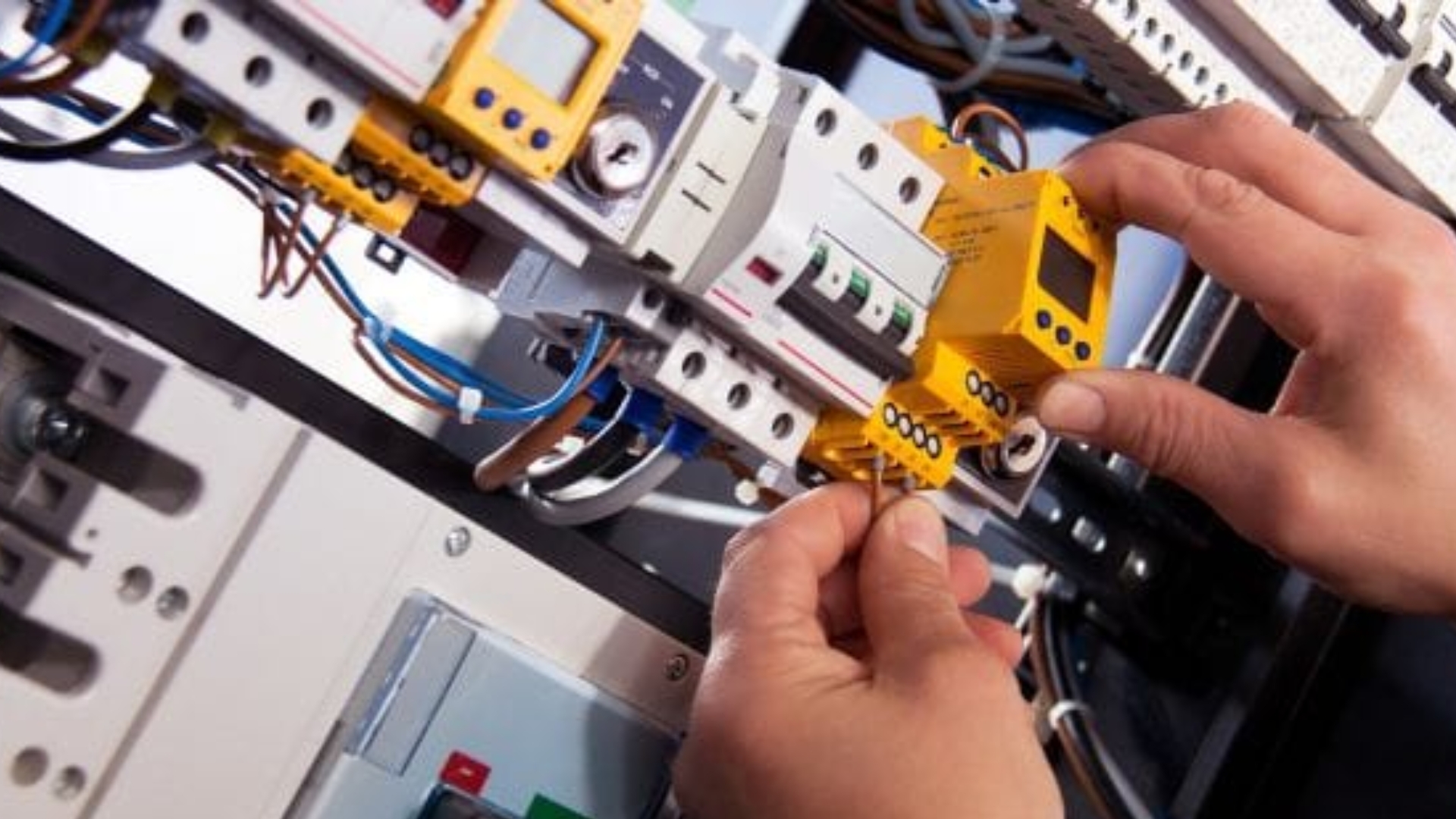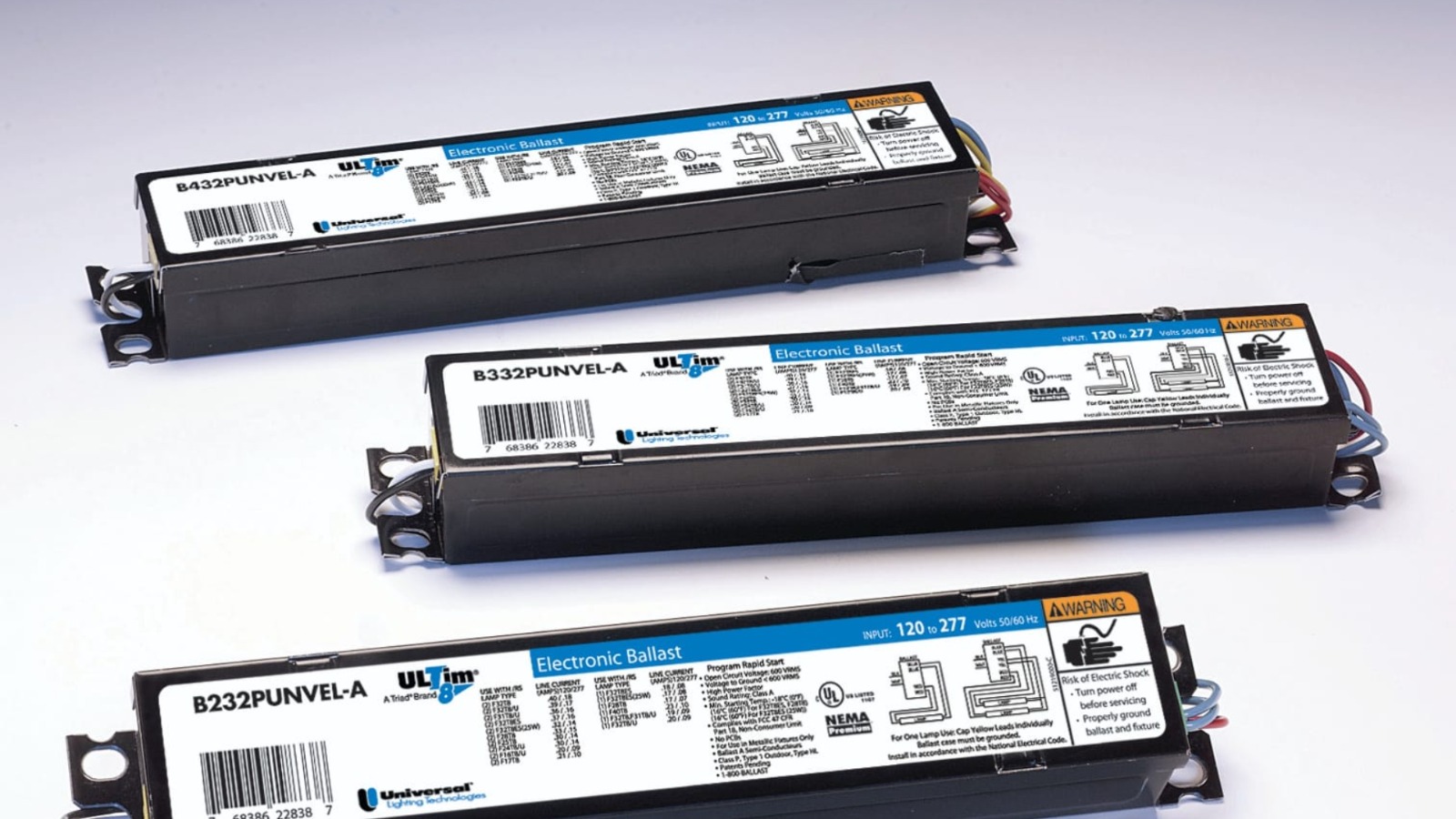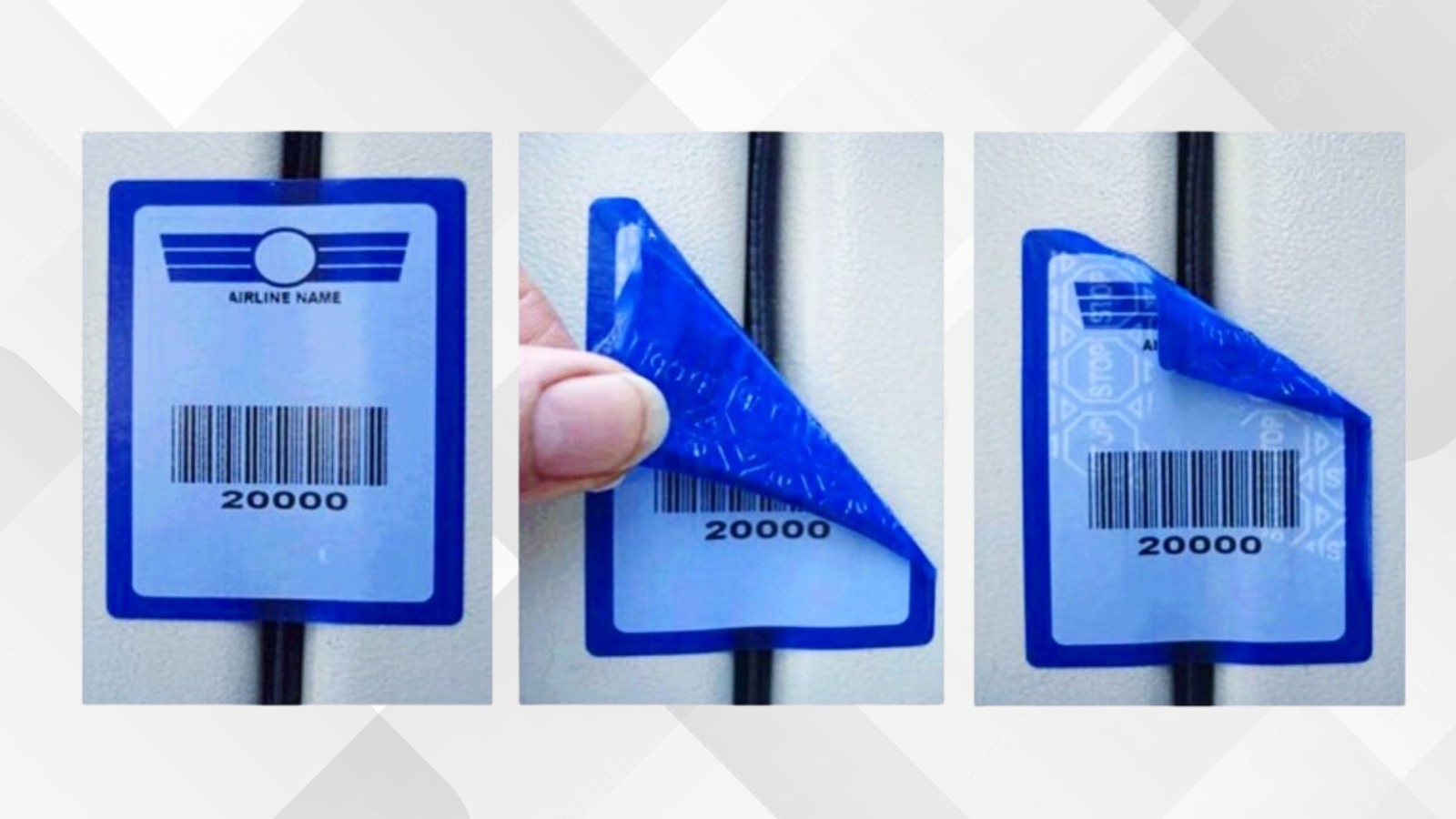
The Certificate IV in Electrotechnology is a professional qualification that enhances skills in electrical systems and technologies. It focuses on areas like advanced installation, troubleshooting, and managing electrical equipment. This program is ideal for electricians or technicians looking to specialize further. It also emphasizes sustainable practices and safety standards, preparing participants for essential roles in various industries.
Researchers highlight the growing demand for skilled electrotechnology professionals in the renewable energy and automation sectors. Studies reveal the role of certifications in bridging skills gaps in these industries. Analysts agree this program aligns with workforce trends like energy efficiency and advanced data systems. Past findings also show that specialized training leads to better career opportunities and job security for graduates.
Imagine advancing your expertise while contributing to modern innovations like smart systems and clean energy. The Certificate IV in Electrotechnology is your gateway to becoming a leader in high-demand fields. This qualification not only broadens your skill set but also positions you to meet industry standards. Start this program to explore exciting career paths and shape the future of technology. This blog dives into what the Certificate IV in Electrotechnology covers, the opportunities it unlocks, and why it is an essential certification in today’s competitive workforce.
What is the Certificate IV in Electrotechnology?
This program is designed for electricians and people working in related trades who want to enhance their capabilities. It provides a robust curriculum focusing on parametric problem-solving, electrical systems handling, and maintaining electrical installations.
The qualification ensures professionals meet industry requirements, including those for explosion-protected systems, electrical machines, and energy-efficient technologies. Its structure is aligned with the standards of the Electrotechnology Industry Reference Committee, making it a widely recognized and credible certification.

Eligibility and Entry Requirements
Key entry paths include:
- A Certificate III in Electrotechnology Electrician
- A current unrestricted electrician’s license in Australia
This foundational level ensures candidates are adequately prepared for the advanced competencies this certification offers.
Core Competencies Addressed
Certificate IV in Electrotechnology is structured to develop both theoretical understanding and practical abilities. Below are its main competencies:
Electrical Problem-Solving
Graduates learn to diagnose and address issues in diverse electrical systems. This includes troubleshooting components, inspecting mechanical systems, and examining circuits.
Instrumentation
Modern industries rely heavily on instrumentation for automation and efficiency. The course teaches professionals to deploy and manage field process instruments like pressure gauges and flow meters, ensuring systems operate seamlessly.
Energy Sector Policies and Safety Standards
Energy efficiency and workplace safety remain primary concerns across sectors. The program covers the legal and operational practices required to ensure compliance. This component is critical in reducing hazards and improving system sustainability.
Installation and Maintenance
Trainees become adept at installing advanced systems, such as aerial and underground wiring, power transformers, and electronic circuits. Maintenance protocols form an essential part of the curriculum to ensure consistent performance.
Environmentally Sustainable Practices
Sustainability is embedded within the coursework. Students learn how to integrate energy-efficient electrical solutions and adhere to environmental guidelines.
Course Structure
The qualification requires a total of 440 points, segmented into core units and elective streams.
Core Units
The core topics are universal to all students. They include:
- Monitoring workplace safety procedures
- Implementing sustainability measures
- Developing competency development plans
Core modules are vital for building a holistic knowledge base.
Elective Units
The elective units offer flexibility, enabling specialization. Students pick from areas such as:
- Explosion protection systems
- High-voltage switching operations
- Design and troubleshooting of electronic power systems
These electives cater to niche interests within the electrotechnology sector.
Training Methods
Practical training accompanies theoretical sessions. Students gain “hands-on” exposure through supervised tasks, equipping them with real-world skills.
Career Opportunities and Industry Demand
The electrotechnology industry is vast, spanning multiple sectors like healthcare, mining, telecommunications, and construction. With automation and energy efficiency gaining traction, this industry offers significant growth potential.
Here are some career paths the certification unlocks:
System Electrician
System electricians are responsible for installing and upgrading large power systems. This role often incorporates energy distribution, making it valuable in urban planning and industrial projects.
Electrical Instrumentation Technician
This job focuses on measuring and controlling systems in manufacturing plants. Tasks include monitoring temperature, pressure, and flow in operations.
Air Conditioning and Refrigeration Mechanic
Graduates have the option to work in climate control technologies. The demand for energy-efficient cooling systems creates ample opportunities in residential and commercial sectors.
Telecommunications Technician
The course also prepares students for careers in telecommunications where they assemble and repair communication infrastructure.
These varied career choices underline the versatility of this qualification.
Growing Importance of the Electrotechnology Sector
The electrotechnology industry encapsulates fields that are integral to society. From renewable energy systems to intelligent automation, the scope is vast. Governments worldwide are promoting clean energy systems, making this an ideal time to enter or advance in this sector.
Sustainability Drives Progress
Sustainability influences every field, particularly electrotechnology. The push toward energy-efficient solutions means professionals in this space play a direct role in combating climate change. This focus on environmentally-conscious practices expands the role of qualified electricians beyond traditional tasks.
Advanced Technologies Shape the Workforce
Fields like data science, cybersecurity, and intelligent systems intersect with electrotechnology. Professionals with expertise in instrumentation and automation are poised to excel. Learning how to integrate Smart Home systems or how to design renewable energy networks ensures adaptability in this changing world.
Advantages of Earning a Certificate IV in Electrotechnology
Deciding to enroll in this qualification provides both immediate and long-term advantages. Below are tangible benefits:
Enhanced Skills
The course significantly broadens skill sets.
Professional Credibility
Earning this qualification adds credibility to your professional profile. Employers view this as evidence of your advanced expertise and industry readiness.
Better Employment Prospects
The diverse competencies make you eligible for various roles, giving graduates the freedom to choose industries where they can thrive.
Opportunity for Specialization
Elective unit flexibility allows professionals to build expertise in specialized fields like explosion-protected equipment or high-voltage systems.
Industry Recognition
The certificate aligns with national skill standards, ensuring your certification is recognized both in Australia and abroad.
Preparing for the Future Workforce
The Certificate IV in Electrotechnology places professionals at the forefront of an evolving industry. With this certification, workers stay ahead of innovations and emerging demands.
Key trends include:
- Increased emphasis on automation
- Expansion in industries like renewable energy
- A focus on infrastructure modernization
Professionals who anticipate these trends and acquire relevant skills will remain competitive in the job market.
Unique Value of the Certificate IV in Electrotechnology
This qualification does more than provide technical knowledge. Whether optimizing an industrial system or contributing to sustainable energy solutions, graduates make tangible impacts.
Its advanced nature ensures professionals evolve from electricians to industry specialists. It creates opportunities to shape industries and improve systems for everyone.
Conclusion
The Certificate IV in Electrotechnology is more than a credential. It is a pathway into a multifaceted, growing field. From mastering advanced electrical systems to contributing to automation, every graduate can play a pivotal role in shaping the future.
Investing in this qualification sharpens your expertise, enhances employability, and allows you to evolve alongside technological advancements. Its relevance stretches beyond individual careers, benefiting communities by fostering a sustainable, efficient future.







It’s fascinating how platforms like PH799 tap into cultural preferences – a localized digital space for gaming is smart. Seamless access via the ph799 app download apk legit creates that immersive experience, almost a ritual for engagement. Interesting to see this evolving!